Why screen for hearing loss?
Why do audiologists always throw facts and figures at you as if it’s going to suddenly make you sprint to their office for a hearing screening? How many times have you heard the statistics and thought, “Yeah- pretty much everyone’s going to have it. It’s just a part of aging.” To be honest, even as an audiologist I cannot quote hearing loss statistics. It’s not how my brain works (just like every other millennial who hasn’t had to memorize anything since 7th grade).
I think the message out there is consistent, though. Hearing loss is prevalent. So why screen across the lifespan? Won’t it become obvious when it’s time to see an audiologist? Well, no. It’s important to screen regularly because hearing loss can be a slow progression. This means the brain slowly loses access to sounds. It acclimates with this slow progression without sounding the alarm (pun intended). Sometimes we can even measure the brain’s processing issues before measuring a change on a standard hearing test (hidden and noise-induced hearing loss). Hearing loss is sneaky. You don’t know what you don’t know, right? In my experience, communication partners (i.e. spouses, children, close friends) notice hearing loss first.
We recommend screening at birth and periodically through childhood because these are the most important years for laying a foundation for language and learning. It’s a child’s right to have access to free appropriate public education (FAPE) and in the least restrictive environment (LRE). Basically, we must provide a child the tool’s to succeed. Late-onset or progressive hearing loss can be difficult to identify. Identifying a change in hearing ASAP is important so that we are not mistakenly labeling children as aloof, distractible or defiant and can provide appropriate educational support services. Children who can be difficult to discipline (teach) can be treated more harshly, and caregivers can get blamed for “bad behavior.” This affects psychosocial development and is an entirely different post. (Hmm..I like this idea. I’ll get on that.)
We recommend screening throughout adulthood as well. I am passionately opinionated about including hearing screenings as a mandatory part of primary care physicals. Even a self-screening while sitting in the waiting room will do. Hearing health is so intertwined with overall well-being. I'd like to clarify that I’m referring to people who have untreated hearing loss and proceed with a listening and spoken communication style. I am not referring to members of the Deaf community because the Deaf community is just that- a community that supports its members with it’s own culture and language. However, if people try to proceed through life without treating hearing loss or adapting their mode of communication, it can be detrimental to their psychosocial well-being and overall brain health.
Phonak, one of the leading hearing aid manufacturer’s, has a new initiative: “Well-Hearing is Well-Being.” Studies have revealed that “hearing well is linked to a greater state of social-emotional, cognitive and physical well-being.” This infographic is worth the once-over, and it doesn’t throw any numbers at you. In summary, hearing loss is associated with anxiety, fatigue, depression, cognitive decline, dementia and a higher risk for falls. Once hearing loss is identified, communication strategies and technology can be implemented to begin aural rehabilitation. Notice emphasis on aural rehabilitation. It’s so much more than technology and improving communication. It’s about rehab for the brain and psychosocial well-being.
If you notice any of the following in yourself, your children or a loved-one, get your hearing checked out by a doctor (audiologist) just as you would any other health condition.
Symptoms of Hearing Loss in Children
-Distractible
-Fatigued/Fussy at the end of the day/outing
-Delayed speech/language milestones
-Changes in speech production if language is already established
-Increased difficulty at school or making friends
Symptoms of Hearing Loss in Adults
-You think someone’s just mumbling
-Noisy places are overwhelming
-You’re fatigued after a long day of meetings
-You wish your virtual work meetings came with subtitles
-You ask others to repeat themselves often
I also encourage you to ask your primary care physician about screening your hearing as a part of your standard physical.
These are the recommended timeframes for hearing screenings- birth through adulthood.
This summer I am partnering with Beyond Primary Care in Ann Arbor, MI to offer hearing screenings alongside Sport-Physicals appointments. Dr. Jeff O’Boyle owns a direct primary care practice because he believes in affordable and accessible healthcare. If you have concerns for your child’s hearing, if they did not get screened or rescreened at school due to the pandemic or if there’s a family history of hearing loss, you can schedule your screening on August 13th. Look for “Hearing Screening at Beyond Primary Care” for just $15 on my booking site here and make sure you click “Switch location” to find it, or you can call us at (734) 489-9395.
